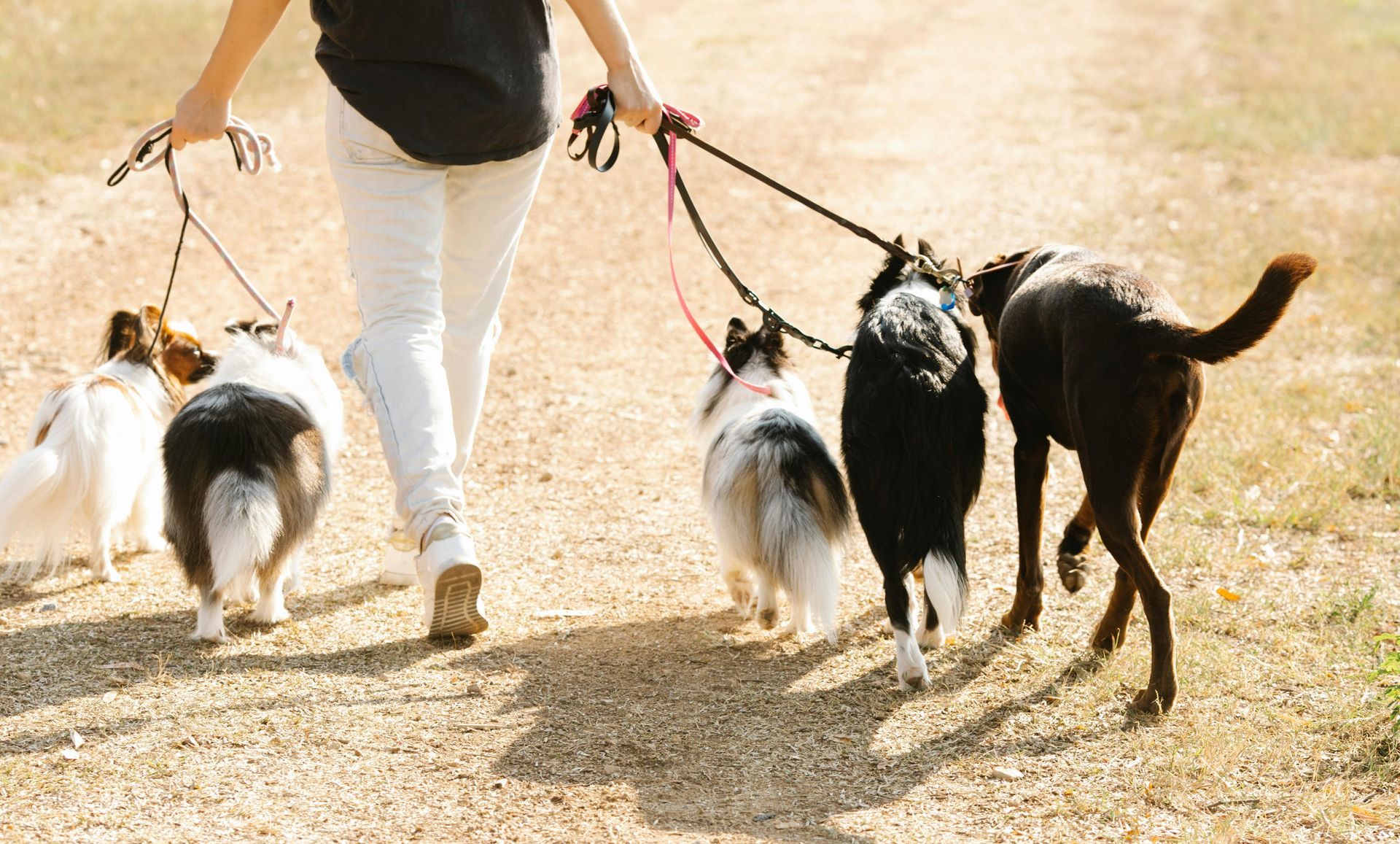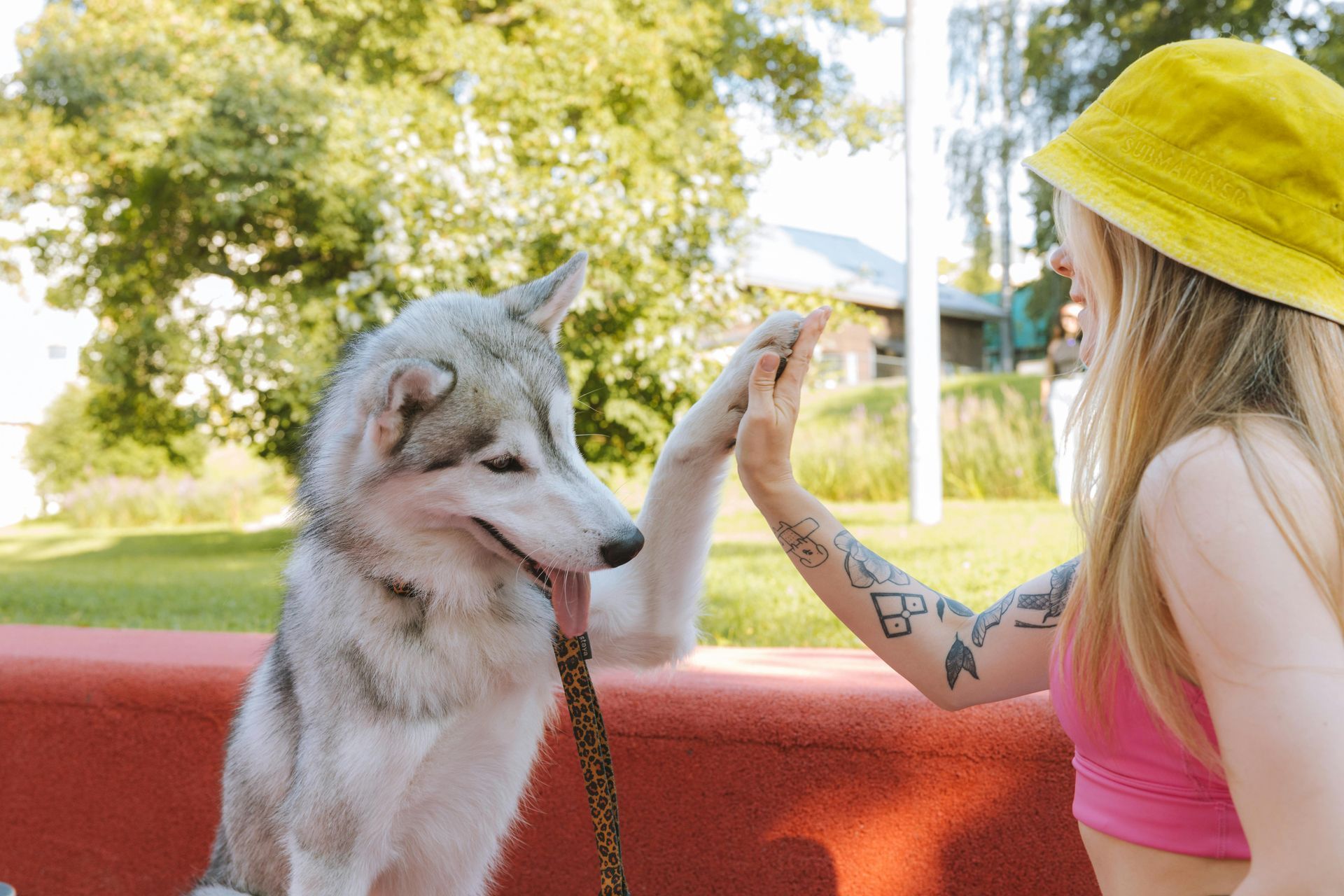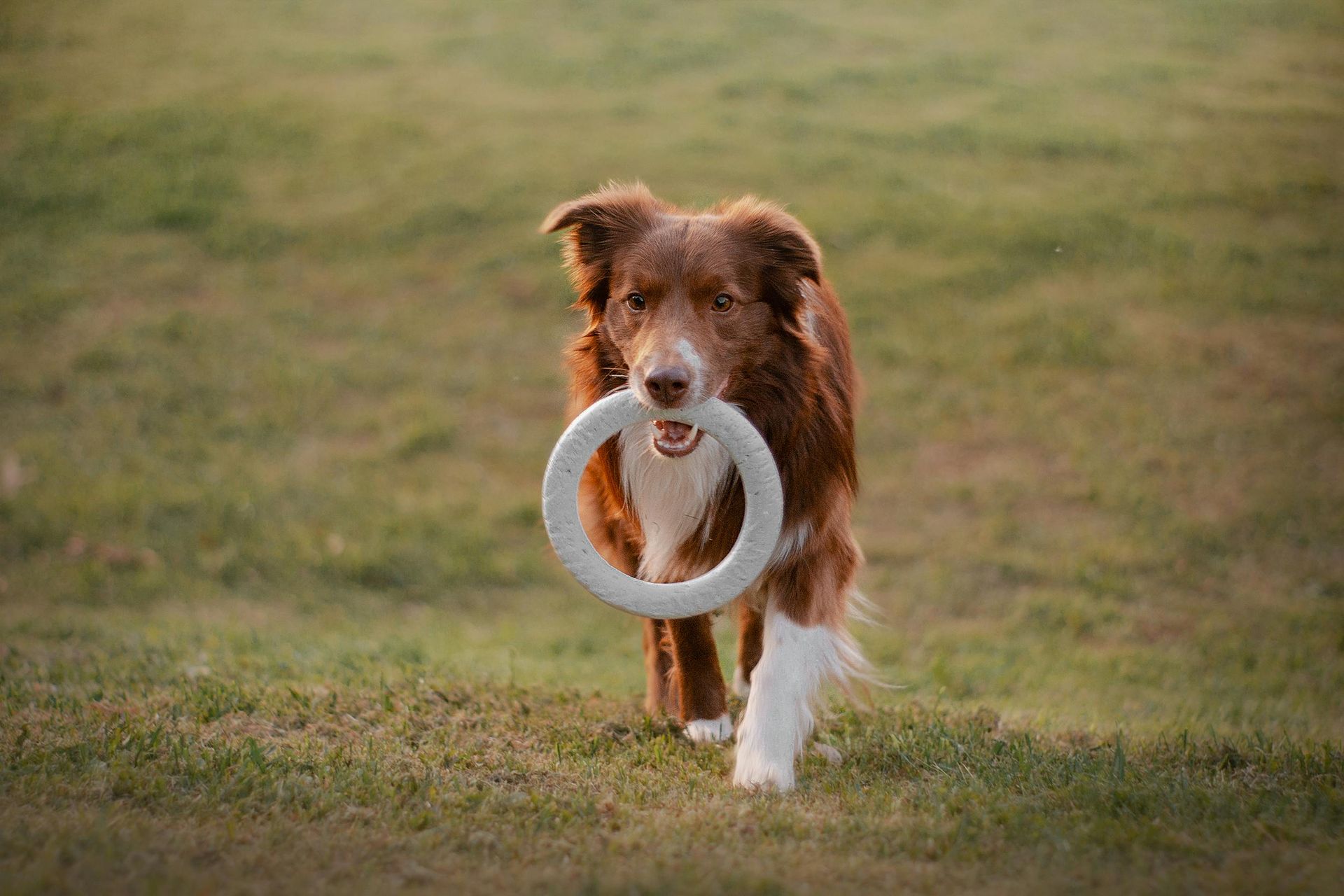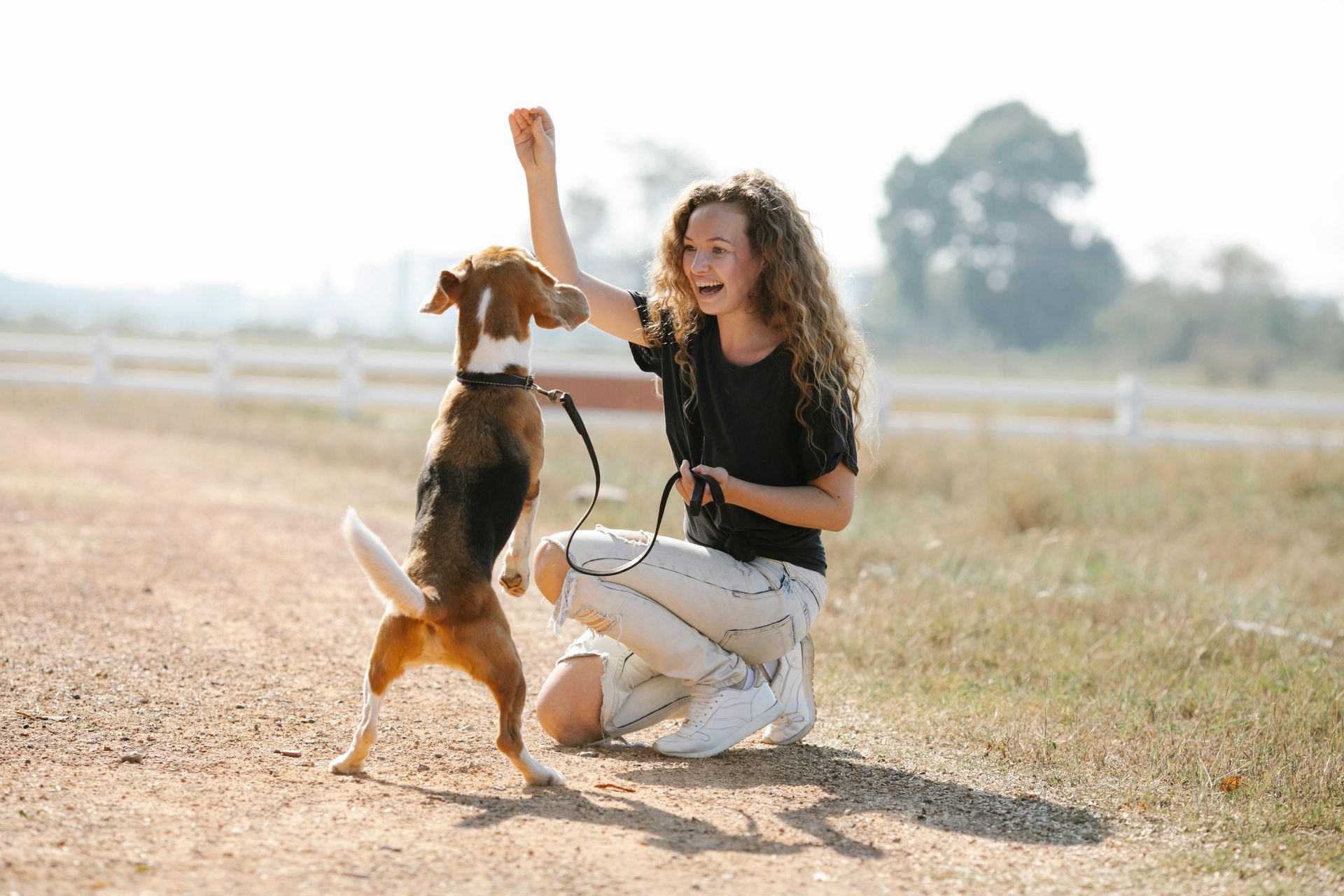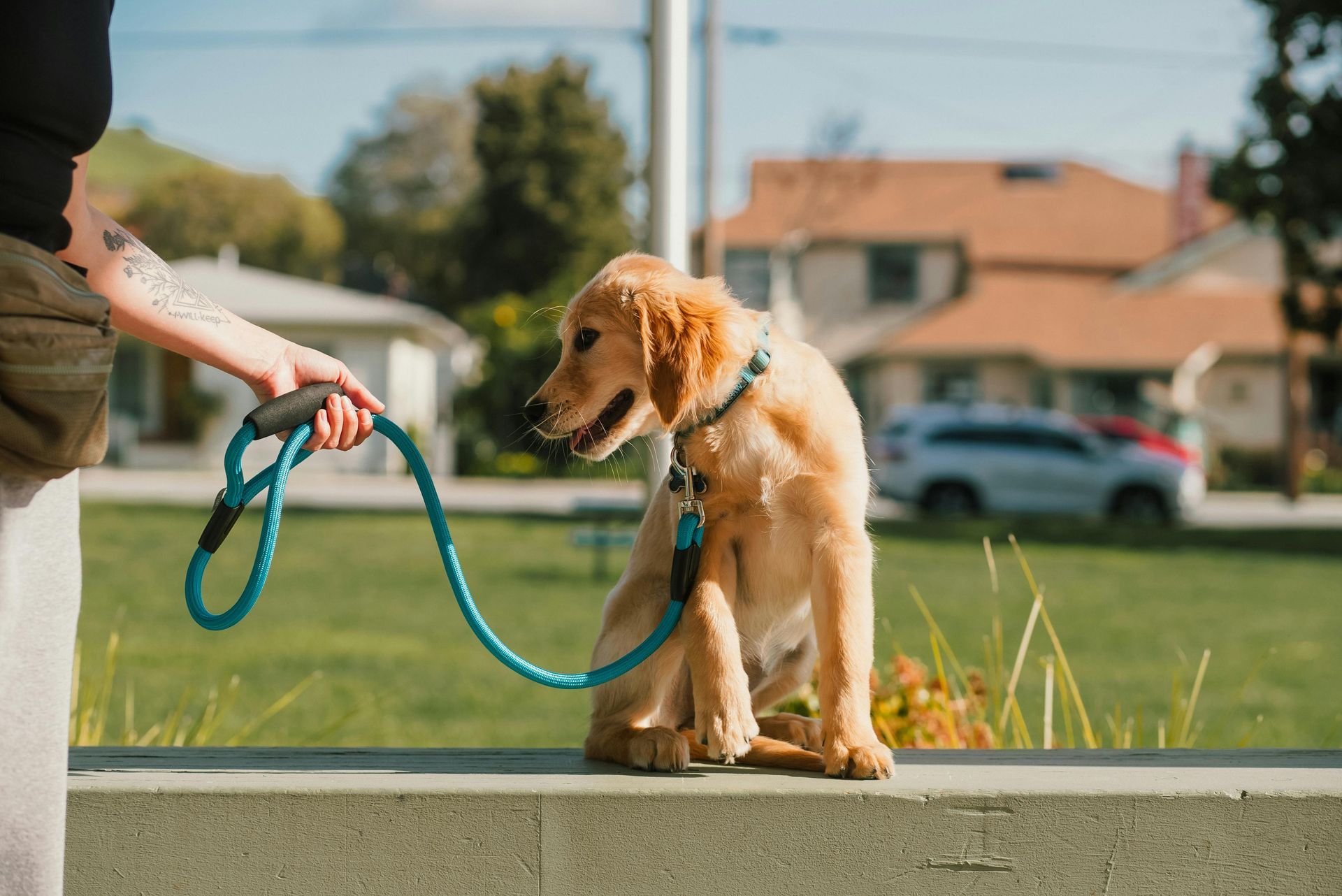Home Care for Your Dog's Minor Wounds
If your dog has sustained a wound, it's essential to know how to provide the proper care at home. While minor injuries can often be managed without a trip to the vet, more severe wounds will require professional medical attention. Here’s a guideline to help you navigate through both scenarios.
Home Treatable Wounds:
Minor scrapes and cuts are generally treatable at home. These can be cleaned with soap and water, followed by the application of a triple antibiotic cream. Keeping the wound clean and applying the cream twice daily can prevent infection and aid in healing. It’s important to observe the wound for any signs of infection, like discharge or excessive pain, which would then require veterinary attention.
When to Visit the Vet:
Certain wounds require professional intervention:
- Larger Lacerations: Wounds longer than an inch usually require a vet's attention, potentially needing stitches.
- Persistent Bleeding: A vet can help stop bleeding, especially if it's from a significant vessel.
- Severe Injuries: Deep wounds or those causing your dog pain should be evaluated by a professional for potential antibiotics and pain management.
- Signs of Infection: Discharge, odor, or redness are indicators that your dog needs veterinary care.
- Impaired Movement: If a wound affects your dog's ability to move, it's time for a vet visit.
- Uncertainty: When in doubt about the severity of a wound or how to care for it, consult your vet.
DIY Care Steps:
- Stopping Bleeding: Apply pressure to the wound. For minor bleeds, a small amount of styptic powder can help.
- Cleaning: Rinse the wound with soap and water or a saline solution to remove any debris.
- Dressing: Apply an antibiotic ointment after drying the wound. Leave the wound exposed, when possible, to expedite healing.
- Bandaging: Only certain wounds may require bandaging, and it’s important not to wrap too tightly to avoid restricting blood flow.
- Preventing Licking and Chewing: Dogs often lick their wounds, which can interfere with healing. A cone collar may be necessary to prevent this.
Essential Home Care Supplies:
Consider keeping a canine first aid kit on hand with these items. Check and refresh supplies regularly to ensure they are effective when needed.
- Bandages
- Antibiotic ointment
- Saline solution or materials for wound cleaning
- Cone collar
Conclusion:
While many minor wounds can be safely treated at home, it's crucial to recognize when veterinary attention is needed. By following these guidelines, you can ensure your dog receives the best possible care, whether at home or in a vet's office. Always err on the side of caution and consult your vet if you're unsure about the severity of a wound or how to treat it.

